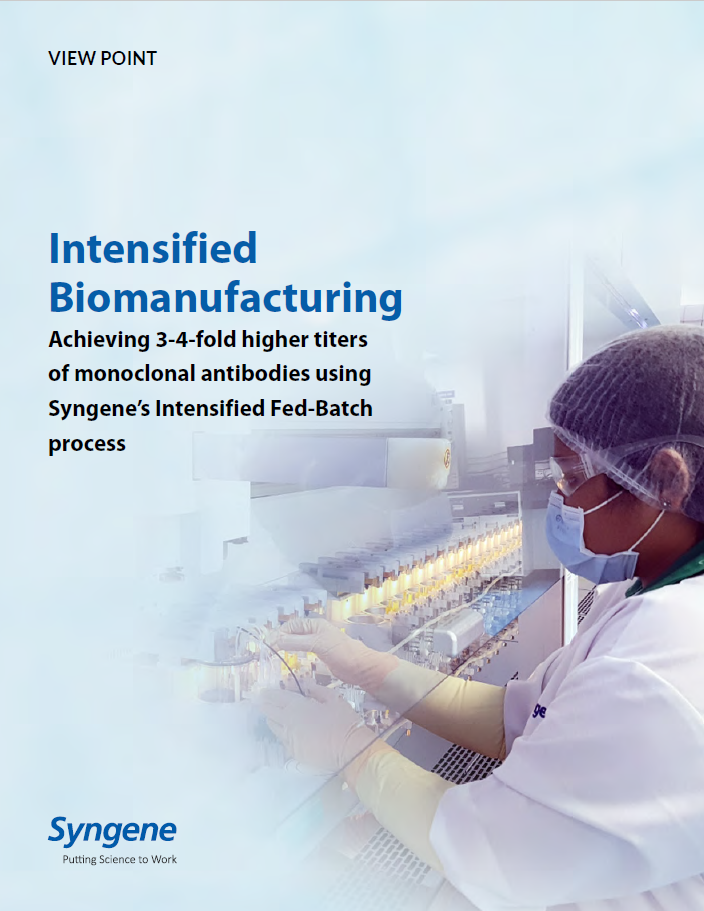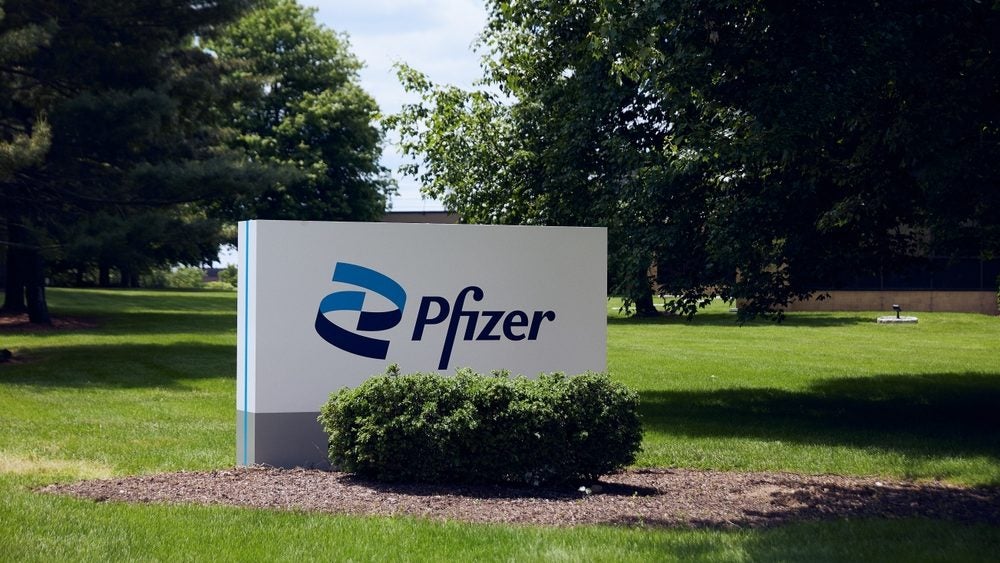
Pyxis Oncology will reduce its workforce by 40% amid a larger effort to cut costs and stretch its cash runway into 2026.
Alongside this, the company is considering partnering with other companies for the development of several assets that Pyxis will not be moving into the clinic.
Pyxis is also looking for additional non-dilutive funding by monetising the royalty schemes it inherited as part of its Apexigen acquisition. The acquisition was completed as an all-stock transaction in August.
How well do you really know your competitors?
Access the most comprehensive Company Profiles on the market, powered by GlobalData. Save hours of research. Gain competitive edge.

Thank you!
Your download email will arrive shortly
Not ready to buy yet? Download a free sample
We are confident about the unique quality of our Company Profiles. However, we want you to make the most beneficial decision for your business, so we offer a free sample that you can download by submitting the below form
By GlobalDataNow, Pyxis plans to focus on developing its clinical pipeline, which consists of an antibody-drug conjugate (ADC) PYX-201 and a monoclonal antibody PYX-106. PYX-201 is an ADC that binds to extradomain-B (EDB) fibronectin present in tumour stroma, which is overexpressed in multiple cancers.
PYX-201 is currently in a dose-determining, open-label Phase I trial (NCT05720117) in patients with relapsed/refractory (r/r) solid tumours. Preliminary data from the trial is expected in H1 2024, as per a 7 November press release.
PYX-106 is an anti-Siglec-15 monoclonal antibody. The company has decided to update the participant population of PYX-106’s Phase I trial (NCT05718557) to include subjects with specific tumour types such as non-small cell lung cancer. The repositioning decision was made following a data review from an anti-Siglec-15 clinical trial and the internally generated preclinical results.
The company added that the trial repositioning was not associated with an increased cost for conducting the study. Preliminary results from this trial are expected in H2 2024.
Pyxis plans to assess further development of sotigalimab following the preliminary Phase I data from PYX-201. Sotigalimab (PYX-107) is a monoclonal antibody that acts as a CD40 agonist thatwas part of Apexigen acquisition.







